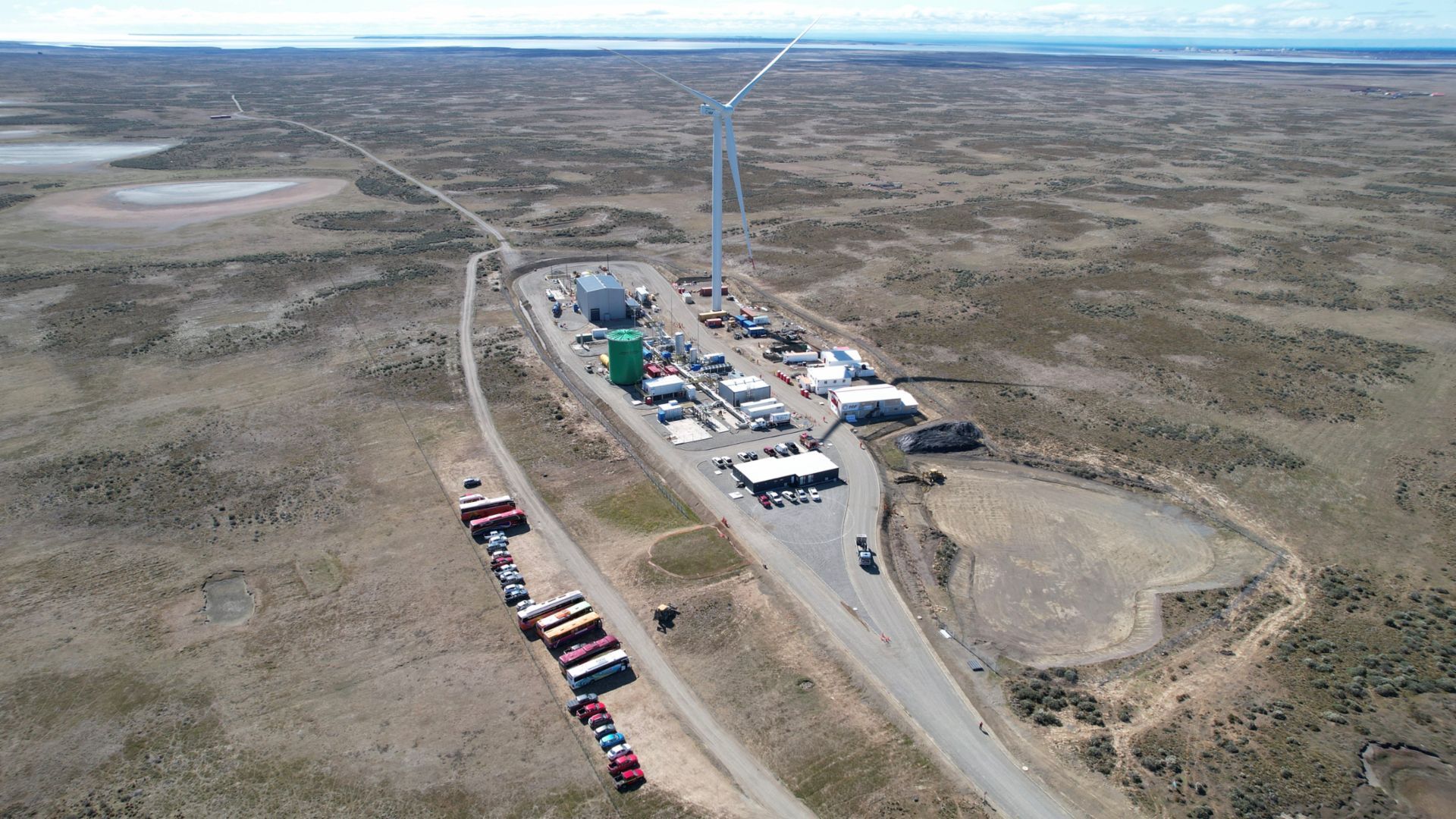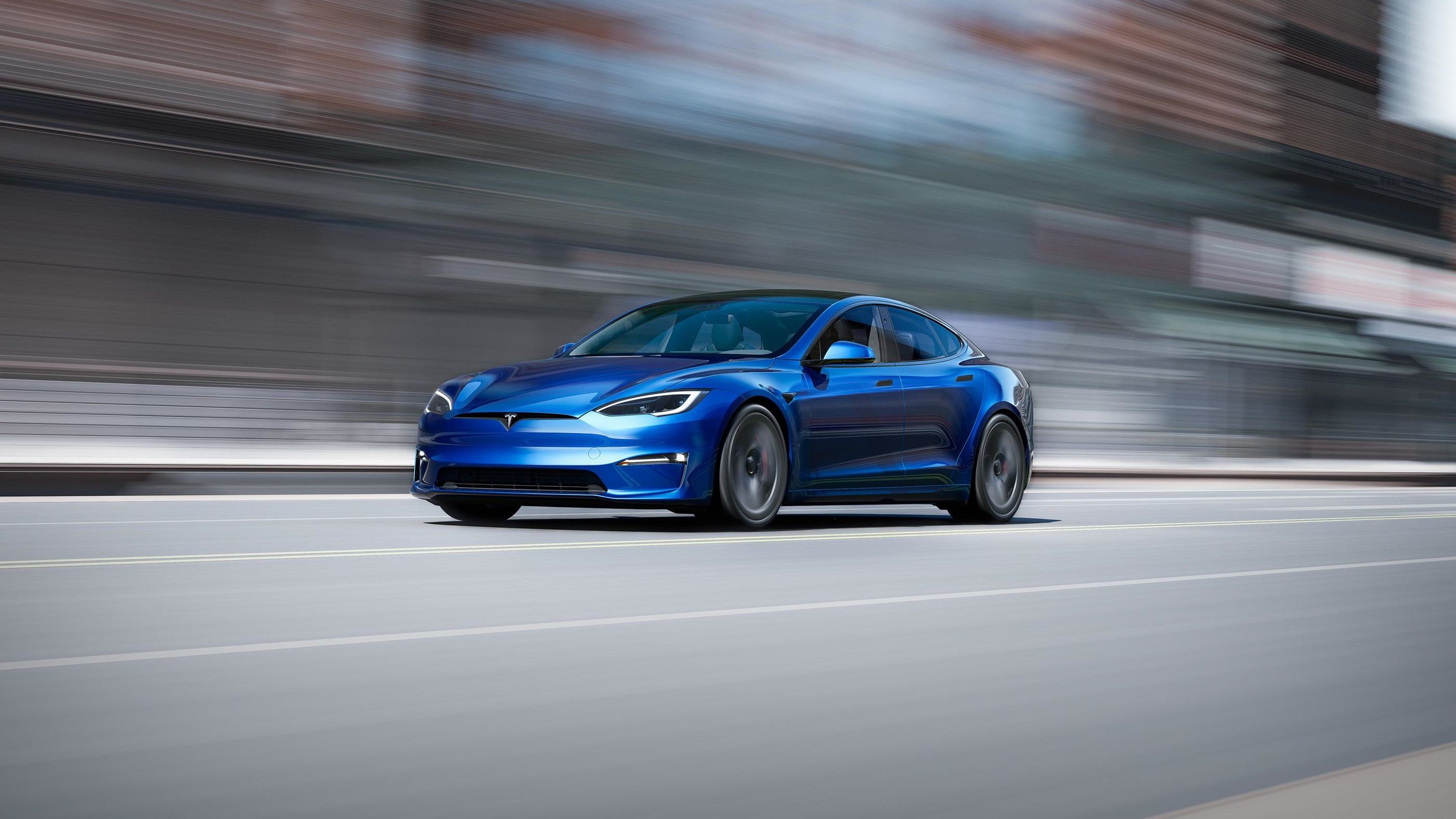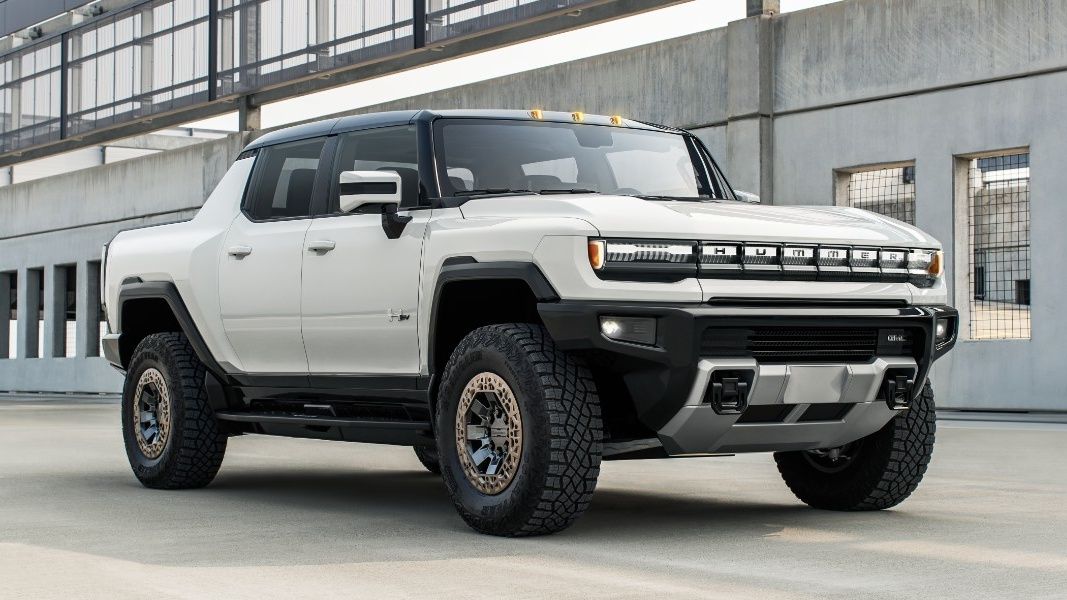Electric cars are taking the market by storm. They’re efficient, cheap to run, silent, and fast. To have a zero carbon footprint, however, the electricity that charges them needs to come from renewable sources. But are electric cars the only option the automotive industry has to reduce greenhouse gas emissions? And, what about those hardcore auto enthusiasts who love to burn things? And, by burning things, I mean fuel. Wouldn’t it make sense to have a market for them? Provided, of course, it is also carbon-neutral? Some manufacturers seem to think so, and Toyota is a good example. Toyota has been developing internal combustion engines fueled by hydrogen. It also has the Mirai that makes use of hydrogen fuel cells.
Others, like Hyundai, have come up with ingenious powertrains used in commercial applications. This powertrain is best showcased in the astonishing N Vision 74 Concept. Most car manufacturers have electrification plans that are in place and moving fast. Some mainstream manufacturers aim to have a 100-percent electric lineup in developed countries by 2030. And at least 50-percent in developing countries.
The Industry Needs To Keep Focusing On Renewable Energy
You could think these electrification plans would solve the issue of greenhouse gas emissions. The problem is about half the cars that will be driving around in 2030 have already been sold. Most of them are not electric. In fact, the last editions of internal combustion engine (ICE) models from legacy manufacturers have been selling well. Some consumers want to hold on to that last hurrah of the ICE engines. And they love breathing what they burn! It’s hard to blame them. Airplanes, ships, and even trucks will still be running on regular types of fuel for a long time. Some alternatives need to come up to help reach worldwide CO₂ emission targets soon. One such alternative is the so-called E-Fuel or Synthetic Fuel. These are renewable fuels. To make them, electricity is used to produce hydrogen, which is then combined with carbon dioxide that can be extracted from the atmosphere. And, by this process, diesel, gas (methane), or jet fuel is made.
Whichever way you look at it, it becomes clear that electricity demand will increase. The key takeaway here is that this energy must come from more and more renewable sources. And that available energy production needs to be directed to the most efficient ways it can be used. It doesn’t make much sense to waste it. And, that is where the problem with Synthetic Fuel lies. It’s costly and inefficient to make.
Electric Cars Still Seem To Hold The Upper Hand
Right off the bat, some will argue that Hydrogen is the most common element in the universe. This is correct. Also, Carbon Dioxide (CO₂), which is a greenhouse gas, can be filtered out of the atmosphere. This is also correct. As explained above, you combine Hydrogen and Carbon Dioxide to make Synthetic Fuel. But the process is inherently wasteful. Today, most of the hydrogen produced in the world (more than 90 percent) is made with the use of fossil fuels. That needs to change quickly, especially if hydrogen cars are to take off. Granted, renewable energy sources like wind and solar are becoming less, and less expensive. Nevertheless, energy still costs money. And, this cost is increased when you consider the low yield of Synthetic Fuel production.
The machinery utilized in the process is not cheap either. Breaking water (H₂O) into hydrogen and oxygen, employing electrolysis, in large quantities is not easy, nor is it cheap. Transportation needs to be decarbonized. Cars will need to be powered by clean, renewable energy. The options currently on the table are a mix of switching to electric motors, and plugging them in for a charge or using internal combustion fueled by renewable synthetic fuels.
For The Foreseeable Future, You Can't Beat EV's Efficiency
Back to the point of efficiency. Studies show that electric cars are four times more efficient than synthetic fuel ICE cars. This means most of the energy used to power an electric car does not go to waste. While the contrary is true on the synthetic fuel path. This discussion is paramount to the climate crisis. It shows we cannot waste time making long-term plans for synthetic fuels. And that we need to hurry in rolling out those electric cars from the factories, and building the charging infrastructure to guarantee our future.
It’s not easy to predict how the market forces of supply and demand will impact the future costs of renewable synthetic fuels. But with the data available now, it is feasible to foresee synthetic fuels produced from renewable energy sources to continue being used by planes, ships, and big trucks for a good while. Also, synthetic fuels could find niches in some supercars for enthusiasts, and maybe even some motorcycles.
Electric Vehicles Will Be The Norm
It also seems that electric vehicles will indeed dominate the roads in the future. They will be the norm, while ICE applications will be the exception. Even companies that aren’t car manufacturers are banking on EVs. Companies like Apple, and Sony, to name a couple, have plans to bring to market EVs of their own. Whatever the future holds, the industry will have to steer toward the most optimal solutions quickly. And, policymakers will need to understand and help create laws that speed up this process. Climate change won’t wait.





